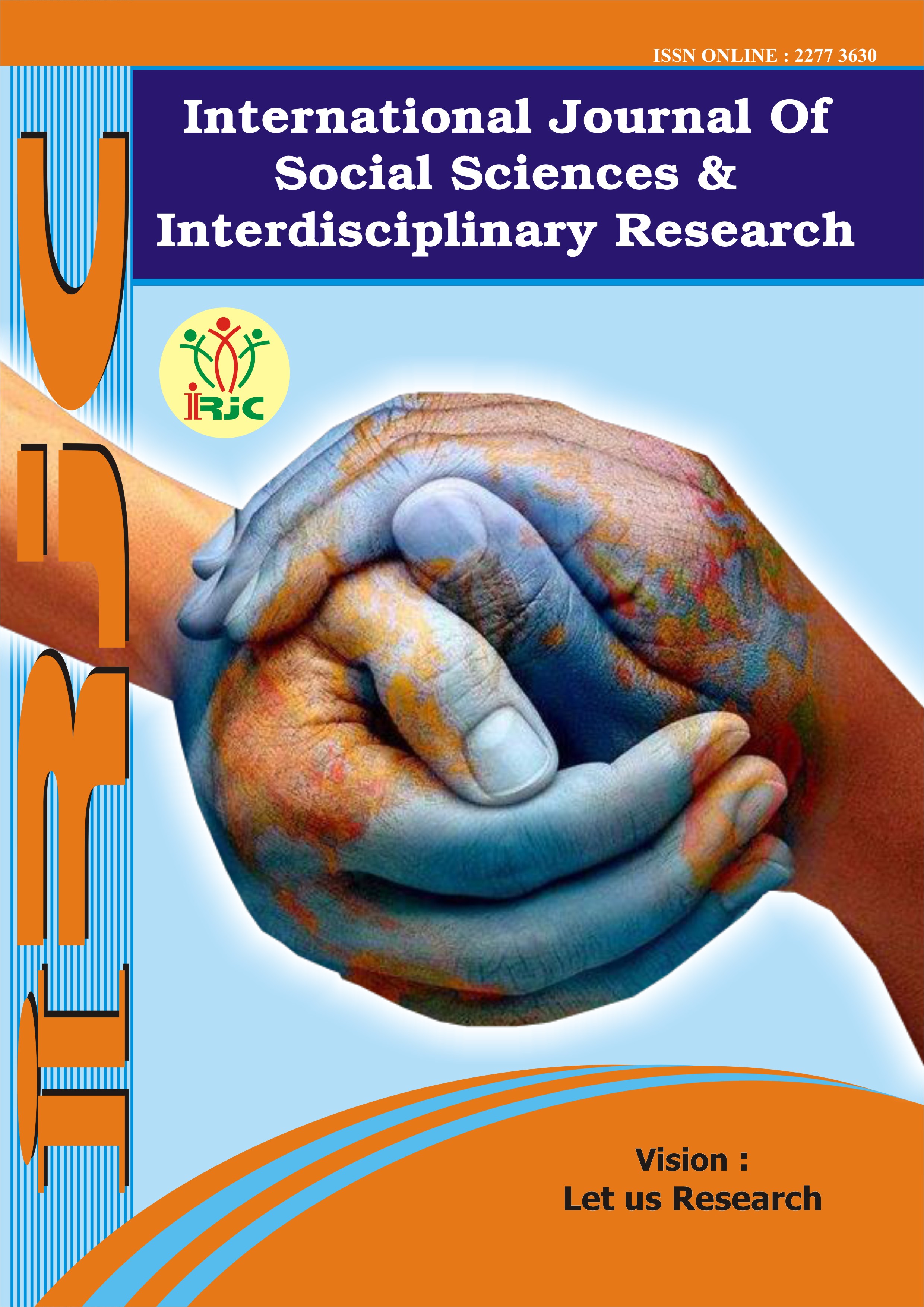‘To what extent do legal frameworks in the UK better protect civil liberties and human rights that in Uzbekistan?’
Keywords:
Civil liberty, human rights, legal framework, legal system, jurisdiction, Human Rights Act 1998, European Convention on Human Rights (ECHR) 1950, Constitution, legal precedents.Abstract
This article provides a comparative analysis of legal frameworks in terms of civil liberties and human rights in two different countries. Since there have been emerging controversies regarding two different legal systems. It is true that in the UK over the past 20 years, there have been significant developments that have undermined public confidence in the human rights framework in the UK, and which make the change necessary today. The enforcement of different statutes and precedents lead to many changes in the UK. Meanwhile, Uzbekistan prima facie mentions the formal list of human rights and civil liberties through its Constitution and emphasizes their implementation within the standing normative-legal acts.
References
Convention concerning Discrimination in Respect of Employment and Occupation 1958
Convention concerning Equal Remuneration for Men and Women Workers for Work for Equal Value 1951
Convention on the Elimination of all Forms of Discrimination against Women 1981
Convention on the Rights of the Child 1990
Convention on Torture and Other Cruel, Inhuman or Degrading Treatment or Punishment 1987
European Convention on Human Rights 1950
International Convention on the Elimination of All Forms of Discrimination 1969
International Covenant on Civil and Political Rights 1976
International Covenant on Economic, Social and Cultural Rights 1976
Legislation:
Bill of Rights 1689
Equality Act 2010
Freedom of Information Act 2000
Human Rights Act 1998
The Constitution of the Republic of Uzbekistan 1992
The Gender Recognition Act 2004
The Law of The Republic of Uzbekistan No. 289-XII “On Freedom of Conscience and Religious Organizations” dated June 14, 1991
The Law of The Republic of Uzbekistan No. 289-XII “On Freedom of Conscience and Religious Organizations” dated June 14, 1991
The Law of The Republic of Uzbekistan No. 541-I “On Mass Media” dated December 26, 1997
Cases
Burnip v Birmingham City Council and Secretary of State for Work and Pensions [2012] EWCA Civ 629
Dudgeon v UK [1981] 4 EHRR 149
Malone v United Kingdom [1984] 4 EHRR 330
Price v UK [2002] 34 EHRR 1285
T v Secretary of State for the Home Department [1996] 2 All ER 865
Tolstoy v UK [1995] 20 EHRR 442
Z v UK [2001] 2 FCR 246
2. Secondary sources
Books:
Foreign and Commonwealth Affairs, Human Rights and Democracy: The 2014 Foreign & Commonwealth Office Report (Williams Lea Group 2015) <https://assets.publishing.service.gov.uk/government/uploads/system/uploads/attachment_data/file/415910/AHRR_2014_Final_to_TSO.pdf>
Human Rights Watch, World Report 2014 (Seven Stories Press 2014) <https://www.hrw.org/sites/default/files/wr2014_web_0.pdf>
Inter-Parliamentary Union and The United Nations Office of the High Commissioner for Human Rights, Human Rights: Handbook for Parliamentarians N° 26 (Courand et Associés 2016) <https://www.ohchr.org/documents/publications/handbookparliamentarians.pdf>
O’Cinneide C., Human Rights and the UK Constitution (Smith & Watts 2012) <https://www.thebritishacademy.ac.uk/documents/262/Human-rights-and-the-UK-constitution.pdf>
Journal:
Gearty C., ‘Reconciling Parliamentary Democracy and Human Rights’ (2002) 118 Law Quarterly Review 248; by the same author, The Principles of Human Rights Adjudication (Oxford: OUP, 2003).
Downloads
Published
How to Cite
Issue
Section
License
Copyright (c) 2022 GEJournals

This work is licensed under a Creative Commons Attribution-NonCommercial-NoDerivatives 4.0 International License.





